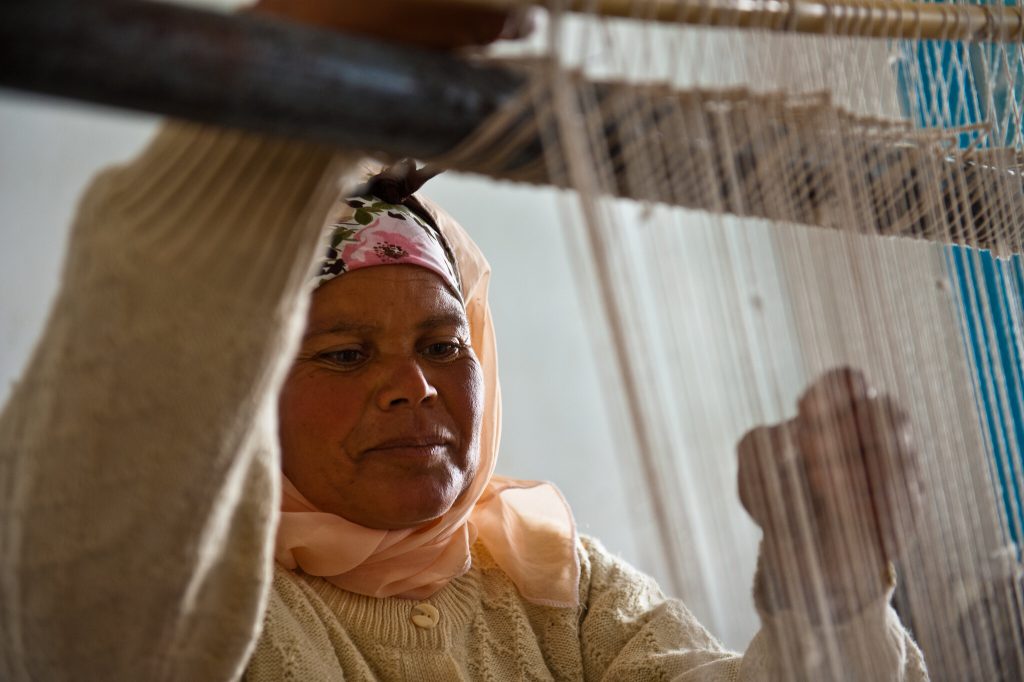GPSA projects
Improving Access to Information and Service Delivery in Health and Education Sectors
Country: Tunisia
Sector: Health, Education, Public Sector Governance, and Public Finance Management
Executing Agency: Union Générale Tunisienne du Travail – UGTT (Tunisian General Labour Union)
Grant Amount: $800,000
Closing Date: November 2018


Frame and Challenge
Tunisia has taken remarkable steps to effectively manage the political transition that was launched in the aftermath of the Arab Spring in 2011. A new constitution was approved in January 2014, elevating transparency and accountability to the top of the political agenda. Presidential and parliamentary polls were held and election results respected by all parties. The new government laid out a governance vision, which aims at enhancing transparency and accountability. The window of reform provided by the transition offers a unique opportunity to redefine the social contract between citizens and government and implement more citizen-centered policies.
However, the political transition is not without challenges. Rising public demands combined with poor tax collection have contributed to mounting pressures on the government. Furthermore, many of Tunisia’s CSOs are as young as the revolution and the majority is weak and lacks the capacity to engage with public institutions, much less to monitor programs. These weaknesses are mirrored in the capacity of the government to effectively operationalize the constitution and enhance transparency and public participation at the local level. This has affected the health and education sector, resulting in poor outcomes. Access and quality of health services has deteriorated, particularly for poor and vulnerable populations, and education services fail to adequately equip and prepare young people for the labor market.
Solution
The Tunisian General Labour Union (UGTT), one of the most prominent and largest trade unions in Tunisia, has been awarded a GPSA grant to enhance access and quality of health and education services, and increase citizen engagement in policy-making by developing and putting in place a participatory platform to monitor services delivery in these two sectors. More specifically, the project aims to achieve this by: 1) developing the capacity to implement social accountability mechanisms to gather, systematize, and generate user-friendly information and feedback on service delivery in the health and education sectors; 2) fostering spaces for policy dialogue between citizens and government authorities to close the feedback loop in these two sectors; and 3) collecting and managing knowledge to improve project design and implementation and support CSOs facilitating the process at the local level.
Outcomes
The GPSA grant has helped UGTT achieve the following project results thus far:
- A participatory service monitoring has been developed and rolled out to approximately 30 health and education facilities.
- A total of 4 cohorts of stakeholders will be trained to use the platform and collect and generate information and citizen feedback.
- A network of social accountability stakeholders, including citizens, and public and private sector, has been established to encourage dialogue and knowledge exchange to advance the project’s objectives.
- An estimated 90% of user beneficiaries, against initial baseline, are aware of their rights and available social accountability mechanisms to demand improved service delivery, and enjoy access to key service delivery information and feedback mechanisms
- An estimated 60% of service providers in targeted facilities have incorporated user feedback mechanisms
Lessons Learned
The GPSA grant has helped UGTT achieve the following project results thus far:
- A participatory service monitoring has been developed and rolled out to approximately 30 health and education facilities.
- A total of 4 cohorts of stakeholders will be trained to use the platform and collect and generate information and citizen feedback.
- A network of social accountability stakeholders, including citizens, and public and private sector, has been established to encourage dialogue and knowledge exchange to advance the project’s objectives.
- An estimated 90% of user beneficiaries, against initial baseline, are aware of their rights and available social accountability mechanisms to demand improved service delivery, and enjoy access to key service delivery information and feedback mechanisms
- An estimated 60% of service providers in targeted facilities have incorporated user feedback mechanisms
Learn more
Click on the links below to learn more about this and related GPSA projects:
Another Project in Tunisia: Improve Public Health Policies for Rural Women, Disabled and Vulnerable Citizens
